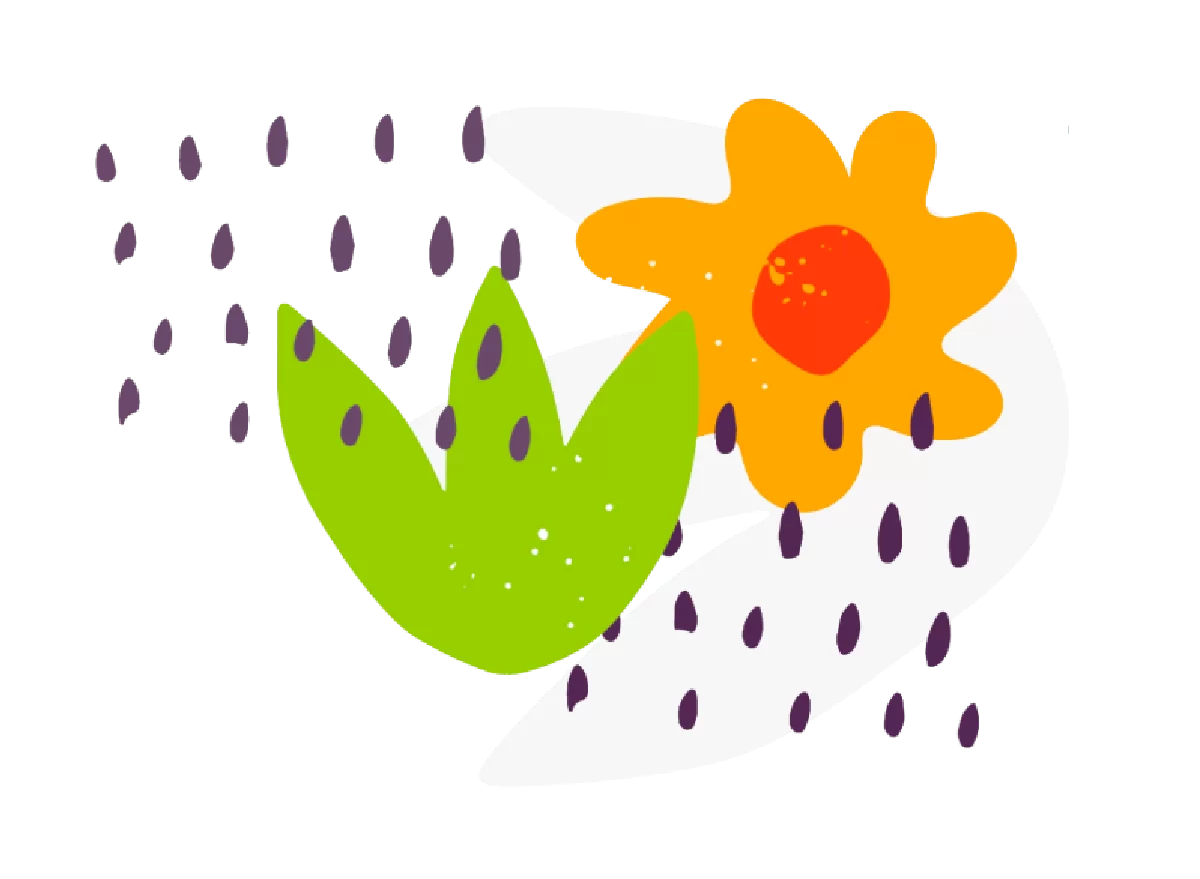It is well-reported that poor educational outcomes for children in care and children with a social worker can have a negative impact on their lives. Whether it’s access to work-based opportunities, or a successful transition into adulthood, educational achievement has a huge role to play in a young person’s life. In this blog, lived experience leader, Karylle Phillips, outlines some of the key educational obstacles these young people face, as well as how we can support them to overcome these challenges.
Chaotic Childhood and Early Years
Karylle started her journey through care at the age of four, having been living with her mum who had escaped a domestic abuse relationship.
“My early childhood experience was chaotic,” she said. “By the time I started school, I was already starting with a set of learned behaviours and experiences.
“When I say learned behaviours, I’m talking about how I’ve already interpreted how I respond in situations around me, and how adults respond in situations around me.”
At the age of five, Karylle started primary school, and within a year, she had had 15 different foster placements.
“My experiences at this point were that I was in care, so I didn’t know any different. Every time I spent short periods out of care, I was eventually returned home.”
It wasn’t until she turned seven that Karylle was placed on a care order, meaning the court had decided that it wasn’t appropriate for her to return home. Karylle’s local authority were now going to share parental responsibility with her mum and would make the day-to-day decisions on her behalf – including where she would live and where she would go to school.
“Life as it was completely changed for me.”
Karylle describes feeling “constantly overstimulated”, being called out of lessons to take part in looked-after children’s reviews and for meetings with foster carers, health specialists, and other adults. “My friends would ask me where I was going, and I would start to build a story. That story to adults became a lie, and so, to them, I became a liar.”
She recalls being collected after school by different adults most days of the week. “By Friday, I had run out of answers about who was picking me up. It started off as just trying to figure things out and then became a storytelling exercise just to protect myself.”
Karylle was in a children’s home from Monday to Sunday with lots of other children, who bonded over their dislike for their environment. Together, they formed their own little ‘gang mentality’ and would do anything they could to disrupt the status quo.
“As you can imagine, doing that day in and day out in a home setting and then trying to enter a classroom the next morning didn’t go well.”
Teachers and other adults at school failed to realise that the trauma Karylle was experiencing was the cause and reason for her behaviour and responses. “Rather than saying ‘well hold on, is there something we can do here to help?’ the first thing somebody says is ‘why are you late?’
“I had also learned the sheer reality of what happens outside of school, and I was conscious that I wanted to see my mum.”
Karylle recalls the adults in her life “walking on eggshells” and not wanting to “say the ‘m’ word.” That is, until one day a lady working at the reception desk at her primary school asked how her mum was doing. “She just spoke to me as if it was the most normal thing ever and it made me feel so good. To this day I will never forget that I had that experience with her.”
The Struggle with Placements and Attachments
The local authority was trying to place Karylle and her sister, who was also in care, with the same foster family. But this proved to be a struggle. “I didn’t want to engage, and I didn’t want to connect or attach to a carer, especially if they were female. Thinking about it from an attachment or child development perspective, I just wanted to be with my mum.
“There was this really unusual dynamic between my sister and I. Being placed together was brilliant because we obviously had a very strong attachment to each other, but if one of us attached and tried to build a relationship, the other would usually step in and say “well hold on we’ve got a mum”. We were almost ruining things for each other.”
The Impact of Language and Misunderstandings
Karylle recalls a social worker telling she and her sister that their current placement was breaking down again.
“One of the key points that I want to highlight is around language.
“The social worker sat us both down and said that if we didn’t find a placement to settle into soon, there would be nowhere else for us to go. While she probably thought she was communicating that this was our last chance and something needed to change for our own sakes, what I heard was ‘then the only place we can go is home’.
“She didn’t double-check that we heard what she thought she was trying to say. Instead, I internalised this and decided I was going to break down every placement to make this happen. That’s all I wanted.
“As you can imagine, that didn’t happen. Unfortunately, this meant that by the time I started secondary school at age 11, we were ‘unfosterable’.”
The Conflict of Two Timetables
Karylle discusses the problem of having two conflicting timetables at secondary school: education and social work.
“Whilst on Wednesday, other children were concentrating on school, I was thinking ‘I’ve got a looked-after children review today’ and they’re all going to come into the school and embarrass me. If my review is at 2pm, I was there from 9am in an anxious state dreading them coming in. My brain was somewhere else.”
Karylle was eventually excluded from school and later separated from her sister.
“I hope the decision was made because somebody somewhere said that this wasn’t good for either of us. We were two different children who had experienced two different things in two different ways. They came and asked us what kind of foster family we wanted and ironically, we both said very different things.”
Before Karylle moved into her foster placement, a social worker spoke to her and expressed that she wanted to support her to try to get her back into education to give her more opportunities after leaving care. “This was the first time anybody had told me I get to leave. That’s all I had been trying to do.”
“I decided to leave care at the first opportunity – when I turned 16. But if I knew then what I know now, I never would have left. Not because I wanted to stay – but purely because I was not prepared for what would happen next.”
Karylle went back into education and planned to become a social worker.
“I thought I could do it better.”
“A lot of our young people want to be social workers or teachers because that’s all they know. So when we’re thinking about attainment and progression and all these things, why aren’t our looked-after children going on to become scientists or geologists or environmentalists?
“We find a lot of young care-experienced people in college are either on a health and social care course planning to be either a nurse, a social worker, or a probation officer or in a care-type role.
“What was the first thing I thought I could do when I left care? Go and be a social worker. Because I didn’t know anything else. I was just so caught up in needing to go in and fix the system to do better.”
Supporting Children in Care and with Social Workers
When it comes to supporting young people in education right now, Karylle stresses the importance of lived experience leadership.
“It has to be youth-led. You shouldn’t be getting looked-after children to come together and teach all these people in a Zoom call – that’s not authentic. What we look at is real authentic participation.
“Firstly, accept that you might only get two young people who are interested in working with you. Not everybody who is in care wants to talk about being in care.
“To reach those young people who do want to join you, make sure you get to know them. It can be a pointless exercise asking young people questions like ‘so where do you see yourself in five years?’ or ‘what are your career goals?’ because their only focus is on right now – not the future. Their ability to think ahead is really limited because of all the things they have going on for them.
“When it’s youth-led, you can be curious and ask questions. It develops discussion. It’s also celebrating and pulling out successes.
“I would start from a social action perspective. Rather than ‘come and share all your rubbish times in care’, ask instead whether there is something important to them that they want to change. It doesn’t have to be in social work – it could be something at school, or careers advice, for example.”
“They’re also more likely to engage when they know other young people are on board. It gives those young people who are on board a full sense of autonomy and ownership of whatever the project might be.
One of the reasons youth participation works is because it’s one of the rare occasions that these young people find themselves in positions of power and decision-making.
“These are a group of young people who have been in looked-after children’s reviews with 299 members – everybody talking about every detail of their lives – and having no say. The only time they have got to have a say is when they want to leave.
“Children and young people need to be put in situations where they can have a say, where they can really focus on their skills and be celebrated for being independent. That’s when they start to engage more in education – or any setting.”
Karylle is a care-experienced activist and social work expert who overcame huge challenges as a child in care to become a university-educated advisor to schools and colleges. You can connect with her via LinkedIn
If you enjoyed Karylle’s free training session, make sure you sign up to our newsletter for more events like this.







